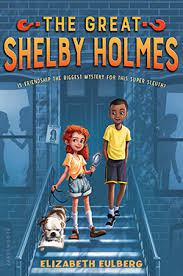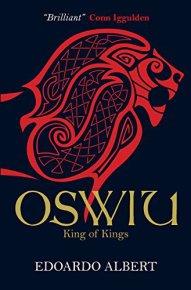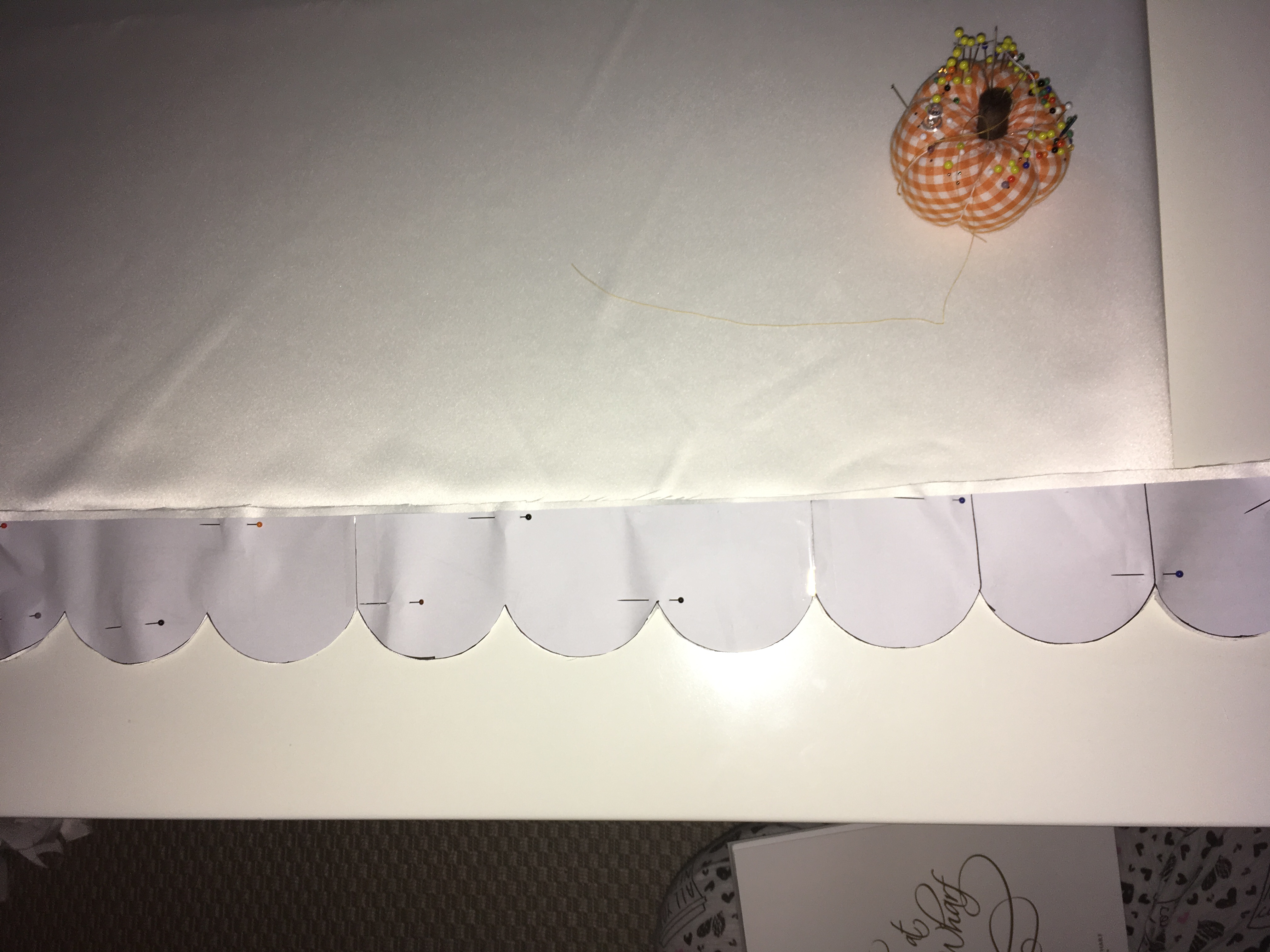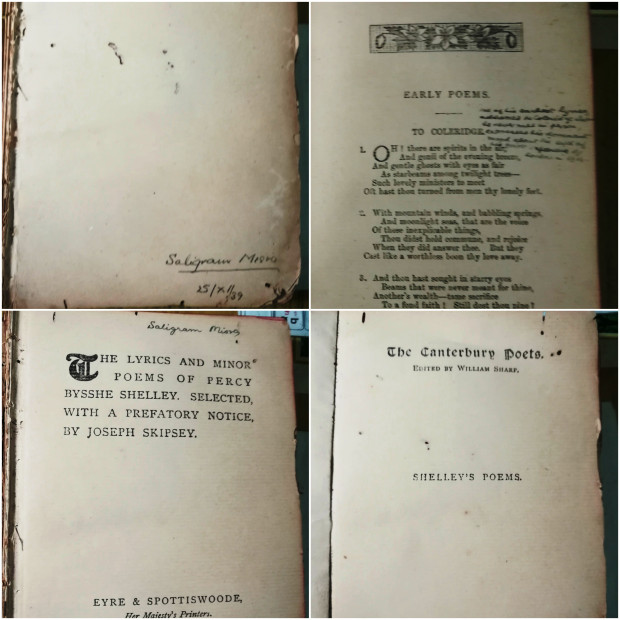Jane Johnson is no stranger to the world of publishing. With thirty years’ experience in the book industry and experience of having worked as an editor on projects like George RR Martin’s A Song of Ice and Fire, adapted for TV as Game of Thrones and The Lord of the Rings, she is a bestselling author in her own right, with five historical novels published worldwide inspired by Moroccan history. Having just released her latest novel, Court of Lions, about the fall of Moorish Spain- which I loved– what better time to hold an interview and ask her a few questions about what makes an excellent book
Without further ado: Jane Johnson.
Did you always want to be a writer? What inspired you to pick up a pen in the first place?
I read and wrote a lot as a child, but when you’re young don’t really think of yourself as a writer: you’re just writing stories about what you like doing. When I went into publishing and became an editor I stopped completely, because I was so impressed by what other people were writing, and what I was working on. Ten or so years later, though, I realised that I knew enough about the nuts and bolts of publishing, and about what makes a good book, to think ‘Why can’t I write one of my own?’. So I started writing again, and here I am, 17 books later.
What inspired you to write Court of Lions?
I love writing fiction inspired by Moroccan history- which I have been since I moved there, in 2005. The more I learned about the country’s past and culture, the more I realised that it’s a fascinating, rich history to work with. You can dig a little bit and find something else that’s fascinating, and that you can write about- that said, though, I knew that when I started writing Court of Lions, it was going to be a really big subject, so I avoided starting it for quite some time!
I was on the phone with a producer who was trying to bring The Sultan’s Wife to the big screen, and when she found out I was writing a book set in the Alhambra, she pointed me to a newspaper article about renovators finding little scraps of paper in the latticed doors of the Alhambra Palace in Granada. The idea that there might be some secret hidden away there was fascinating to me, and this conversation happened at an early enough point in the conception of the novel to shape the whole thing.
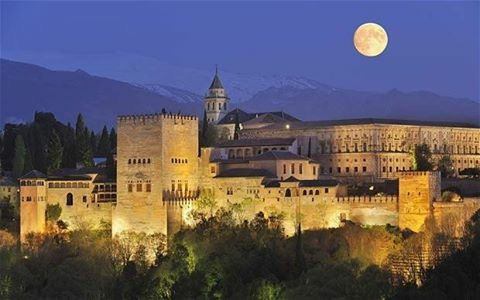
Court of Lions encompasses two parallel stories: that of Kate, who is living in the present-day city of Granada, and that of Blessings, servant to the last prince of Granada in the 15th century. Why did you include the modern side to the story?
A lot of the subjects I write about discuss the interplay between Eastern and Western cultures, and the friction between the two, and I felt it was important to bring that into people’s minds. Sometimes when you write solely about the past, people don’t pick up on the parallels to the modern day and see how it’s relevant, or that the events that have taken place in the past can have a personal connection to them. By bringing Kate into the story, I felt that I could bridge the gap between the two worlds.
Did you do a lot of research for the book? Why did you want to write about Moorish Spain?
I did a huge amount of historical research. I’m not a historian, so I had to start from the basis of total ignorance, and that’s good because when you start from scratch you don’t make any assumptions about what life was really like or what happened. It’s easier than you’d think to make wrong assumptions because we so often view things from a Western perspective: for example, we’re handed down heroic legends about how the Spanish Christians took back the Iberian peninsula were heroes. It’s important to have a balanced view, and I read many Muslim accounts of what happened too, to balance the picture.
How has your job as an editor helped you with the writing process? What does it feel like being the one on the other side of the editing process?
It’s always quite difficult for publishers to publish work by other publishers, because we all know the pitfalls and techniques that editors use to get a book up to scratch. An editor will give you a lot of compliments before they start picking your work apart; when you’re an editor yourself, you tend to cut through all the niceties beforehand!
That said, I think every writer finds it hard to be edited because the editing process is very criticism-focussed: you never want to accept that there are things wrong with your book. It’s a case of going away, having a little scream and then come to terms with it because the changes they suggest might make the novel better. And editing really is essential, because when you write a novel you can’t be objective about it. If somebody finds something that doesn’t work for them, it’s a valid point, because when you’re so involved with what you’re writing you’re too close to see whether it’s working.


What’s your writing process like?
It’s a bit haphazard because I still work four days a week as a publisher- which can sometimes go up to six if it’s really busy- and I have to fit the writing around that. When that happens, it can be difficult to get a run on writing anything significant, which can be frustrating.
I try and get as much research as possible done before writing, which can take up to two years because they require so much scholarship. You read, you research, and start to come up with structures, a sense of the period and events, and a thesis for going forward: mine, for instance in this case, was that the young Sultan, who was seen as the one who lost Granada for Islam, has been very harshly treated by both sides in history. The loss of the whole peninsula was inevitable given the way things had been going so he was just the one who happened to be left to take the rap.
When I’m writing a novel, I like to do so outside, where you feel your imagination can roam wild, and you can write more freely. I tend to write longhand because I’m a terrible typist, and when you’re typing onto a document it feels a lot more concrete. When I’m writing by hand in a notebook I feel that I can make mistakes but not worry about them too much. It stops me endlessly correcting and fiddling: I’m so used to seeing words on a computer screen, and editing them for other people, so writing things on the page frees things up for me considerably.
Do you have any advice for aspiring writers?
Persistence. That’s the most important thing: you have to be in it to win it. You just have to write and write, even if you’re being rejected all the time; rejection makes you get better, almost out of necessity. You also have to read a lot: if you can’t read, you can’t write. You learn something different from every book that you read; every writer has techniques you won’t have come across before, and if you read with a critical eye, you can find all sorts of things- phrases, styles or descriptions- that will make you think ‘I’d like to try that’. I keep a notebook on me and will jot down snippets of dialogue when I travel around, listening for the rhythms of other people’s speech, because dialogue is one of the hardest things to write- but if you do it well, then it makes the book come together. The characters are really what matter in every novel, and dialogue is essential to establishing what sort of person they are, so practising that is a must.
What’s your next project?
I’ve got a couple of things up my sleeve. I’m currently working on two novels: they’re both set in Cornwall, in different time periods. I’m doing a bit of research here and there, but the novel I write about depends on which idea wins the struggle.
Thank you very much, Jane!
Jane Johnson’s latest book, Court of Lions, is published by Head of Zeus and is out now.
All images have been taken from Jane’s website and can be found here.
Advertisements Share this: